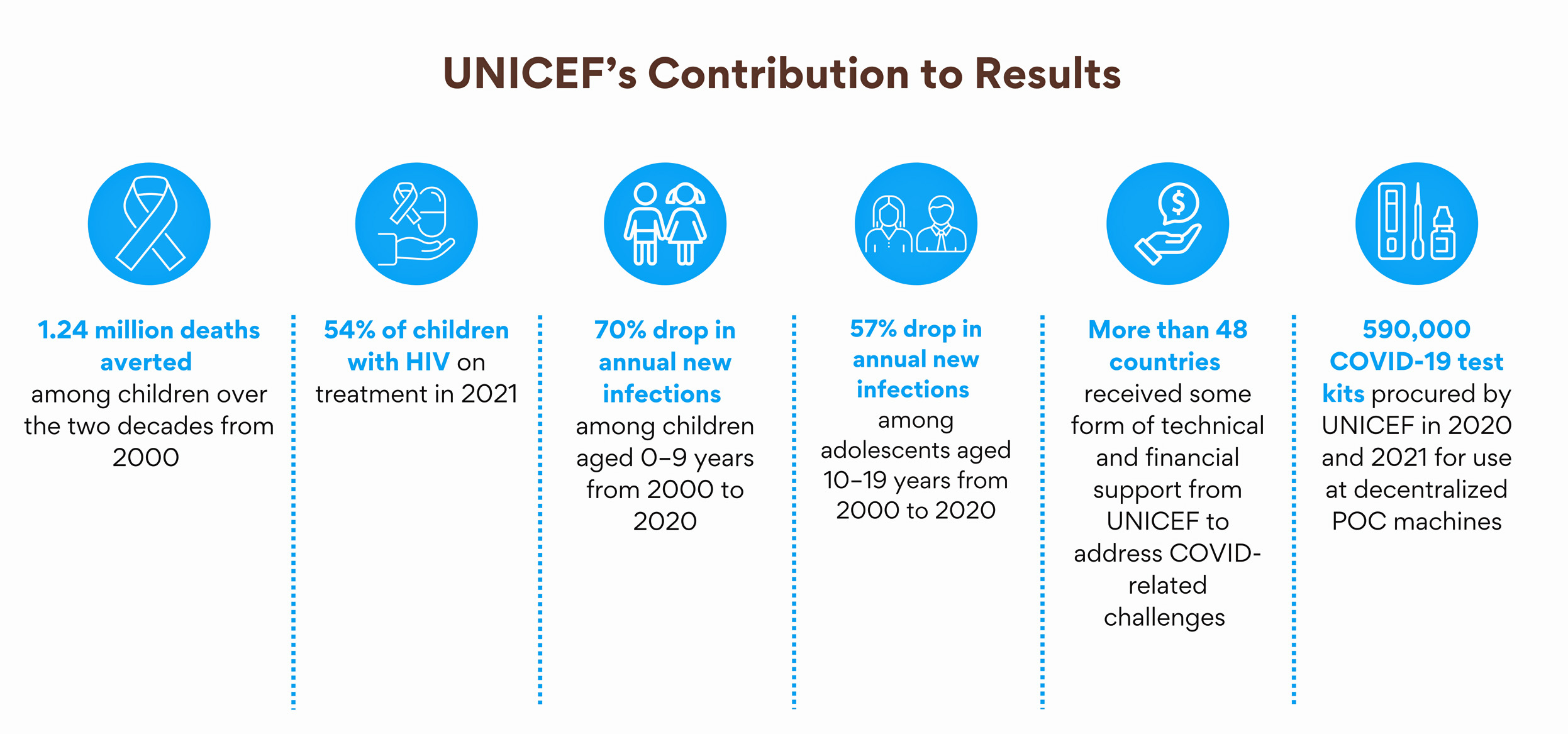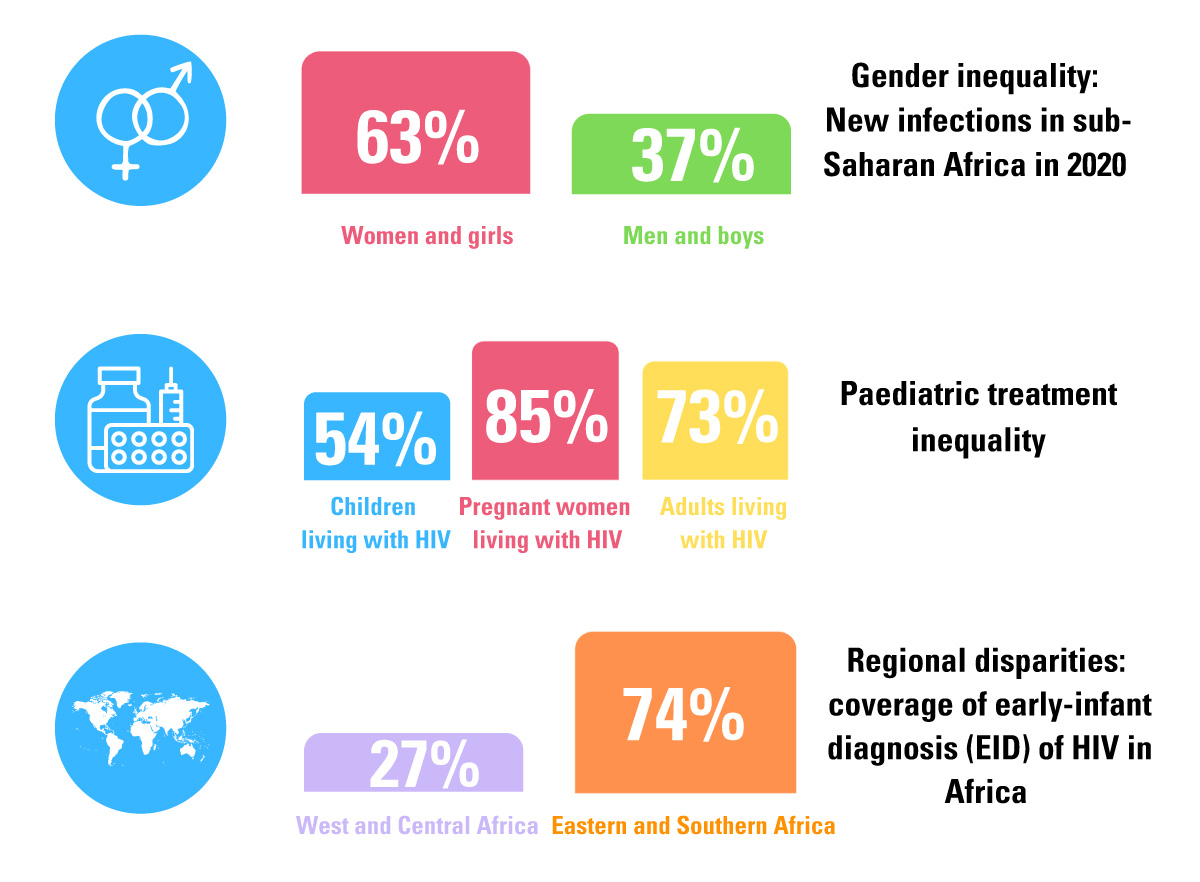Ujana Salama: Cash Plus Round 3 Research
Ujana Salama leverages impacts of the PSSN with complementary interventions, including training and linkages to services.The aim of these interventions is to facilitate safe, healthy and productive transitions to adulthood while strengthening local government capacity and services related to adolescent health, livelihoods and social protection.

